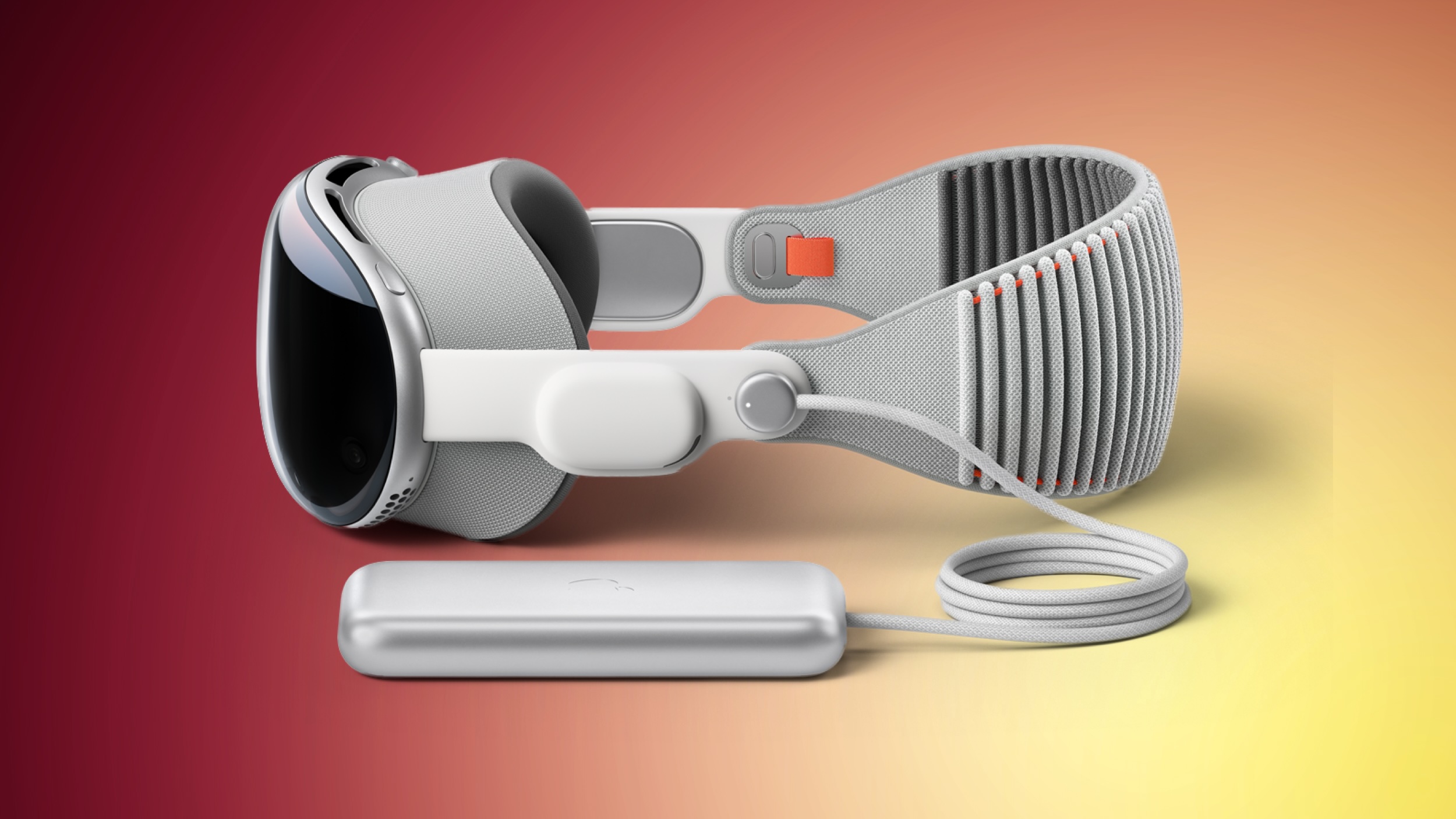
Since its debut in the U.S. in February 2024, excitement for the Apple Vision Pro has noticeably cooled, according to Bloomberg's Mark Gurman. Writing in his latest Power On newsletter, Gurman reports a marked decline in the demand for retail demos and sales, based on the Apple Stores he has spoken to:
Demand for demos is way down. People who do book appointments often don't show up, and sales — at least at some locations — have gone from a couple of units a day to just a handful in a whole week. Apple also has had to step up the marketing on its online homepage. There's a huge promo for the Vision Pro at the top of the website — the most aggressive pitch since the device went on sale in early February.The trend that Apple Vision Pro appears to be following is less likely to be a retail anomaly, and more indicative of a broader issue that has plagued VR technology from its inception: Maintaining user engagement after the initial novelty wears off.
Gurman offers his personal experience of Apple's headset as a microcosm of what he suspects is a wider user trend. His own usage has decreased from daily interactions to just once or twice a week. A significant barrier to more frequent use, he says, is a setup that involves attaching batteries, booting up, and navigating a complex interface, which makes traditional devices like laptops and smartphones more appealing for regular tasks.
Gurman also blames the Vision Pro's lack of a "killer app" and compelling content for further diminishing the headset's appeal. He notes that it feels better suited to solitary activities – say, on a long flight or while working from home – rather than for use in social situations or around co-workers.
It seems Apple still has a considerable task ahead in evolving the Vision Pro into a device that redefines everyday technology use. In the meantime, several bugs that initially plagued visionOS have been resolved, although many of Apple's own apps are still not optimized for the device's operating system.
In the last visionOS update, Apple added Spatial Personas, which make it feel like you are in the same virtual room as another Vision Pro user. Spatial Personas can be used for watching movies and TV shows together, FaceTime and other video calls, using apps like Freeform, playing games, and more. However, the feature needs other Vision Pro owners to appreciate it, and as Gurman notes, they are still few and far between.
Apple is expected to produce fewer than 400,000 Vision Pro headsets in 2024 due to the complexity of manufacturing, according to analyst Ming-Chi Kuo. However, Apple is said to be already working on a new version of the Apple Vision Pro for 2025 that will be priced more affordably. Meanwhile, the first incarnation of the headset is expected to arrive in additional countries later this year.
Related Roundup: Apple Vision Pro
Tag: Mark Gurman
Buyer's Guide: Vision Pro (Buy Now)
Related Forum: Apple Vision Pro
This article, "Apple Vision Pro Customer Interest Dying Down at Some Retail Stores" first appeared on MacRumors.com
Discuss this article in our forums
0 comments:
Post a Comment